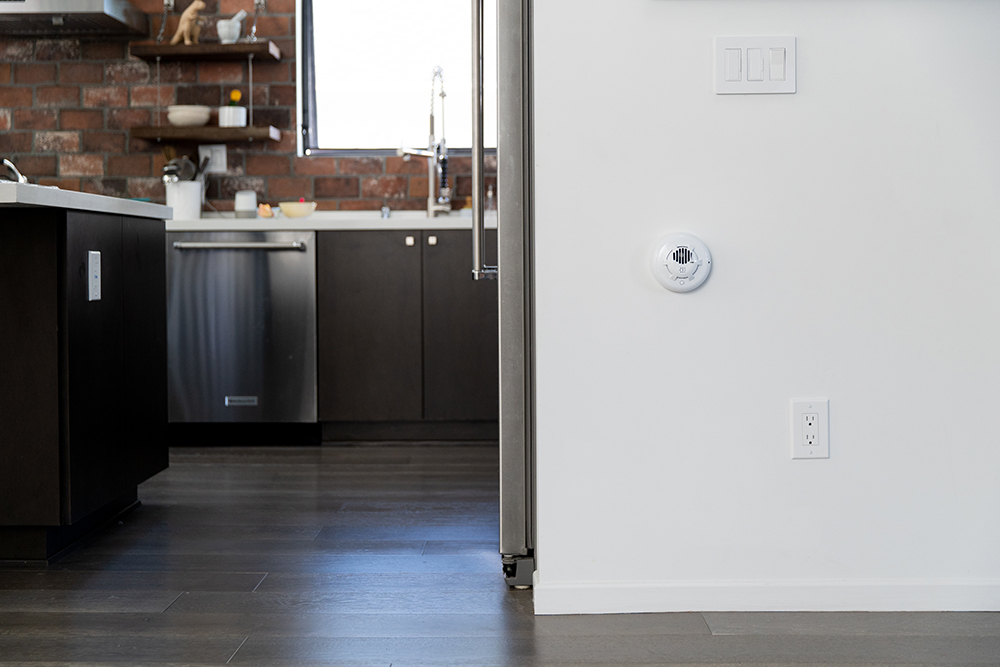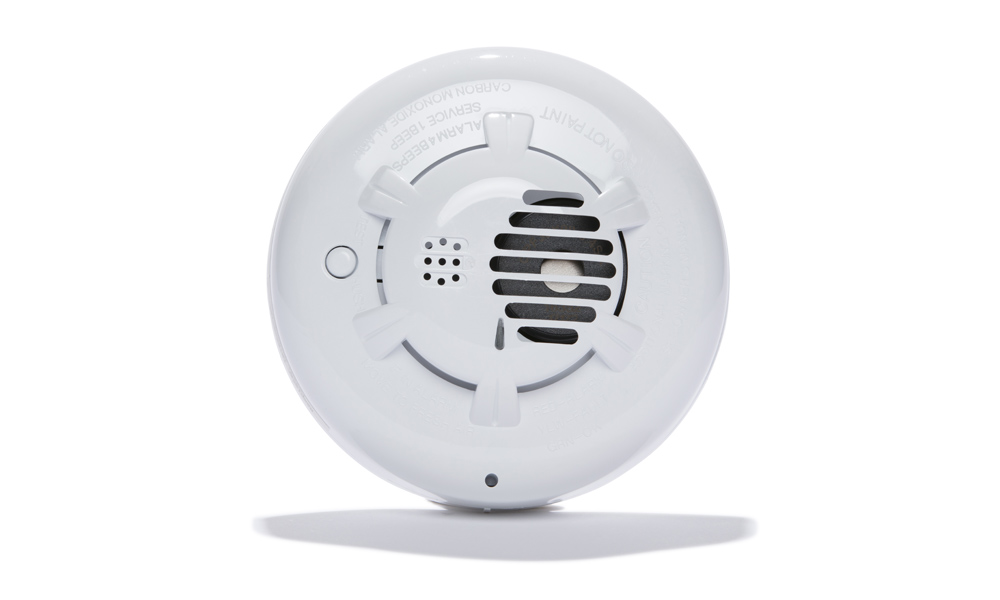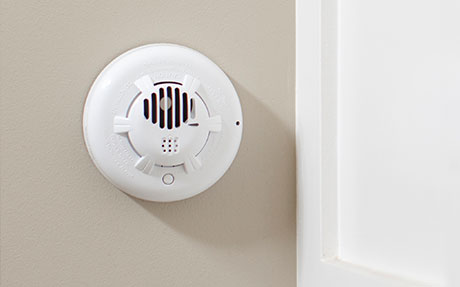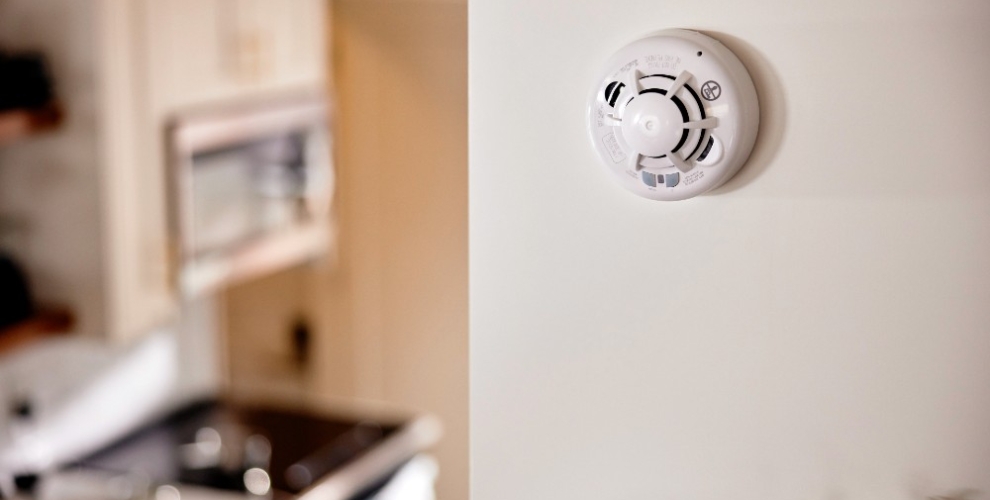
So, you’ve got smoke alarms, smart locks on your doors, maybe even a doorbell camera—but what about carbon monoxide detectors?
Enhanced home security can be accomplished with the right combination of different detectors and sensors, but homeowners often forget to add CO detectors to that list. Perhaps this is due to the confusion around CO and CO2. Do you know the difference?
What's the difference between CO and CO2?
Carbon monoxide (CO) and carbon dioxide (CO2) are quite similar. They’re both odorless, colorless gasses with similar names, which is why they’re so often confused with one another. Another quality they share is they can both be deadly if they exceed certain levels.
Let's walk through the differences between carbon monoxide and carbon dioxide as well as some information on how you can prevent these gases from negatively impacting the health of you and your family.

What is carbon dioxide?
Carbon dioxide is one part carbon and two parts oxygen. This is a natural gas in the atmosphere that is a byproduct of our existence on Earth – specifically, human and animal respiration, the combustion of fossil fuels and wood, fermentation, and other causes.
While carbon dioxide is a naturally-occurring gas, it can be harmful in highly concentrated amounts. As it currently stands, the average CO2 level on the planet is 400 ppm (parts per million).
Because of its natural characteristics, CO2 poisoning is quite rare. Internal combustion engines or leaking CO2 tanks do have the ability to subject individuals to dangerously high levels of CO2, so it doesn’t hurt to know the signs and symptoms, which can include dizziness, fatigue, and headaches.
What is carbon monoxide?
Carbon monoxide is a far more common threat to watch out for. This gas can be generated naturally and artificially. Natural causes may include forest fires or volcanic activity, or any other cause of partial oxidation of methane in the atmosphere.
The unnatural causes are what homeowners need to be aware of. Carbon monoxide can be produced by fuel-burning appliances that lack a sufficient amount of oxygen during operation. Appliances producing CO in an area that is poorly ventilated can cause CO to reach an unsafe, even life-threatening level.
Sadly, carbon monoxide poisoning is all too common—especially during the winter season—and can take a heavy toll on its victims. Because this gas is odorless, those who suffer from carbon monoxide poisoning aren’t usually aware of it until they’ve fallen ill.



